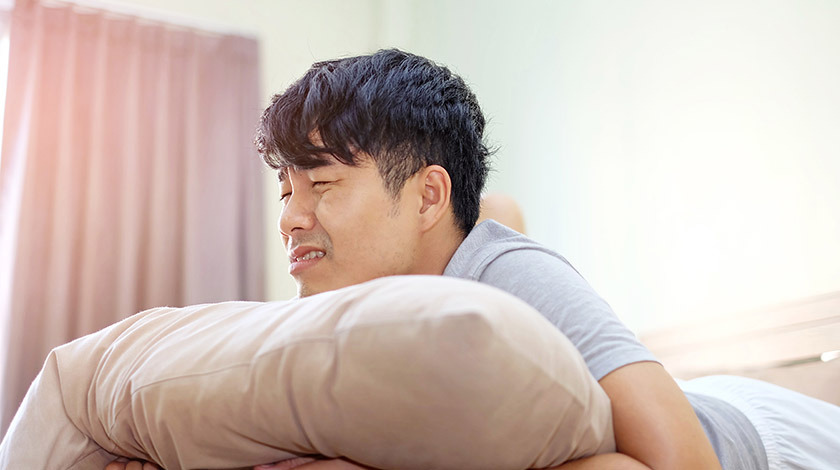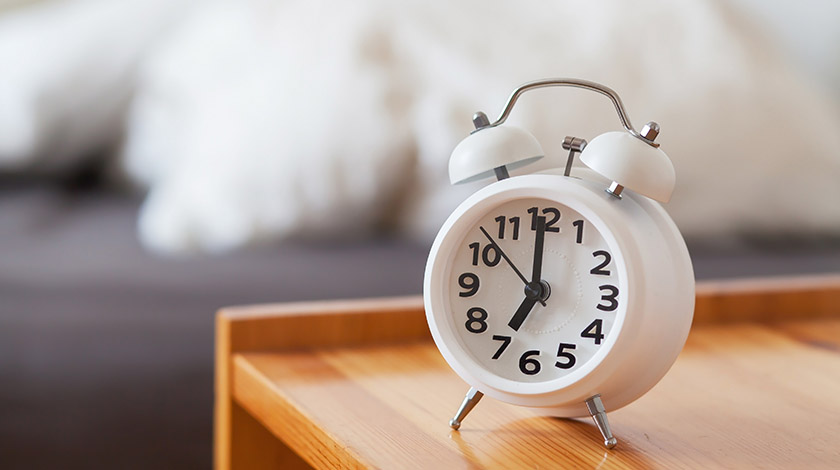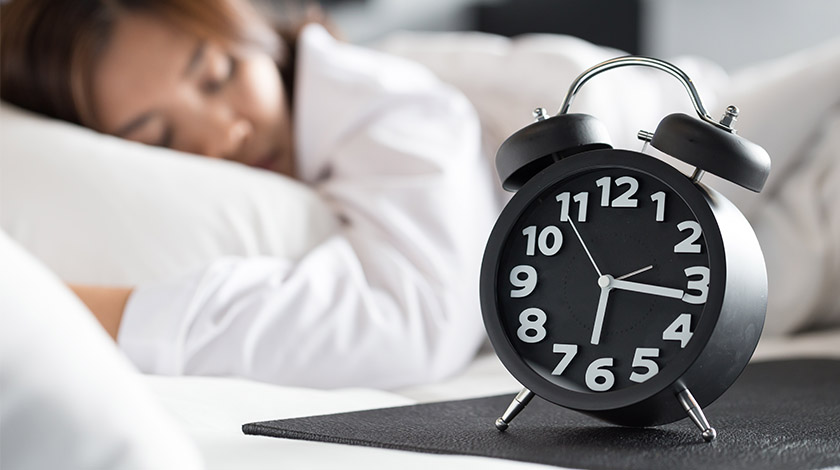How do you feel this morning? Did you wake up with a spring in your step or a grumpy face with bags under your eyes? Did you sleep well?
Bad sleep is generally caused by distractions — your neighbors, the television, and most of all — your phone. Research says that in 1910, people slept 1.5 hours longer than today.1
How can we resume sleep quality in today’s times with ongoing technology distractions?
Keep your mobile away
Research says that the electromagnetic radiation from your phone can affect your brain activity.2 Leaving your phone on through the night makes you available for calls, texts, and emails all the while. To ensure a peace of mind, you should avoid using your phone for two hours before going to bed.
Curb your drinking

If you’re a party animal, you most likely have an uneven sleeping pattern. Alcohol has negative effects on sleep and it disrupts your body clock. While you might think alcohol enhances your sleep, it actually worsens your sleep quality.
Try to get two alcohol-free nights per week, this will help you develop a more regular sleeping pattern. If you still didn’t get enough sleep, try the Mediterranean approach. Take a 20-minute nap in the afternoon. Studies have shown that daytime siestas can improve your brain activity.3
Reduce noise level
Noise level is another reason why people can’t sleep properly. According to the World Health Organization, noise level should be below 30 dB in the bedroom. That’s how loud whispering is. Exposure of loud noise will either get poor quality sleep or not at all.4
As remedy, try closing the windows to reduce external noises. White noise can also help you block out disturbing ambient noises. For that, you can switch on a fan or play relaxing music to help you sleep.
Are you getting enough sleep?

Let’s play a small game to check if you’ve done everything you can to get the best sleep —
1. Do you have a TV or laptop in your room (or phone by your side) when you sleep?
a. Yes
b. No
c. Sometimes
2. Do you use your phone before you sleep?
a. Yes
b. No
c. Sometimes
3. Do you have the same sleeping schedule for at least five nights a week?
a. No, it’s always changing
b. Yes
c. Some weeks
4. How many times do you consume alcohol more than the recommended dose (3 beers for women and 4.5 beers for men) in a week?
a. Most days
b. It never goes over the recommended dose
c. 1-2 times a week
Give yourself a zero for each choice “a”, 3 points for each “b”, and a point for each “c”.
If you score more than 10 points, you are taking your sleep seriously. If you still find yourself struggling with such discipline, try a warm bath before your sleep and do some deep breathing exercises.
For 4-9 points, you need to adjust your lifestyle to get the right quality of sleep.
And if you score less than 4, you’ll need more drastic changes. If you don’t take your sleep seriously, it will eventually affect your health.
Resources
- Julia F. van den Berg et al. Sex Differences in Subjective and Actigraphic Sleep
- Measures: A Population-Based Study of Elderly Persons. SLEEP 2009;32(10):1367-1375.
- Hung, C. Effects of pulse-modulated microwave radiation from mobile phones on the sleep/waking EEG and psychomotor vigilance. Loughborough University. 2008.
- Tourlouki E, Polychronopoulos E et al. The 'secrets' of the long livers in Mediterranean islands: the MEDIS study. Eur J Public Health 2010; 20(6):659-664.
Occupational and community noise. World Health Organisation. Visited 14 November 2014.

